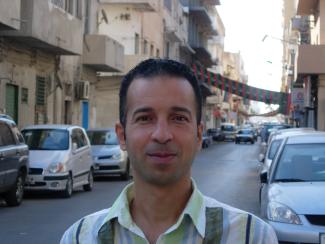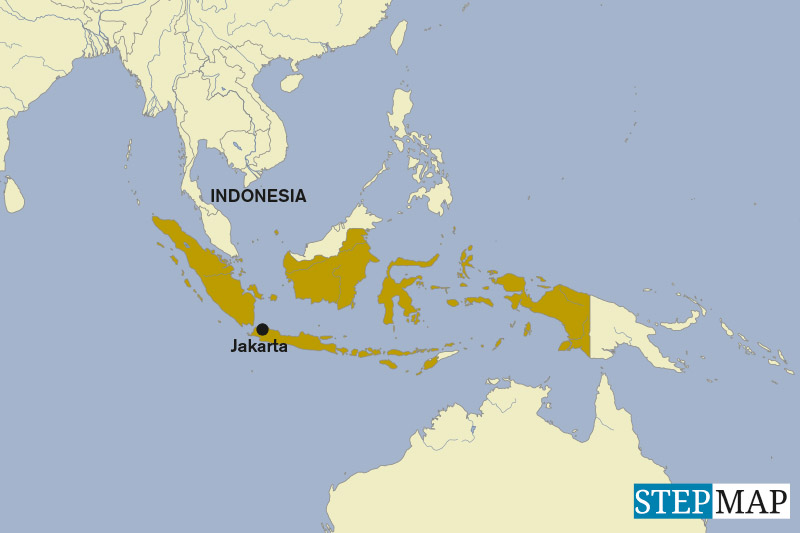Education
Removing Gaddafi from schoolbooks

During the four decades of Gaddafi’s rule, Libyan school curricula and history books were written according to the ruler’s teachings, ideas and views. After the popular uprising that ended the dictatorship, there was the need to rewrite the country’s history. The Ministry of Education revised the country’s old textbooks in all subjects – including history – and eliminated chapters that glorified Gaddafi.
New textbooks were issued. In January 2012, at the start of the first national school year after the liberation, Sulaiman al-Saheli, the minister of education at the time, promised that, from now on, the children would study the real Libyan history and the entire 17 February revolution, including details of Gaddafi’s death.
So far, this does not seem to be happening however. History teacher Fouzia Alttwair at Tadamon school in Tripoli says, "the new history book covers the whole Gaddafi era of 42 years in just one page! It only talks about his repression of the Libyan people. Then there is another page about the 17 February revolution that toppled his rule, and that’s it. Only two pages in total – and this is supposed to be our recent history," she complains.
"The new history book for Year Nine – that is, for the fifteen-year-olds – covers new topics never mentioned before, such as the kingdom period, Libyan history under the Ottoman rule, or things that happened during the Italian occupation", says the history teacher. "
However, it does not talk about Libyan Jews who were a natural part of the Libyan community until they were forced to leave the country in 1967. Other ethnic minorities such as the Tuareg and Tobu are not mentioned, either."
She says it is an outrage that the entire Gaddafi rule is comprised in a single page. "History should be taught with complete honesty and impartiality," Fouzia Alttwair demands, "because the young generation must learn from the past."
Other Libyan history teachers don’t agree. "Gaddafi’s era is no history to talk about", says Sumaiya Magaddami, a Year Six history teacher, adding, "I don’t think kids should learn about his time because he was a criminal."
However, school children take things more easily. "Our history book has changed completely", says Mohammed Hasan, a 16-year-old student at Mashroa Hadba School in Tripoli. "Before, we were forced to glorify Gaddafi, now we know that he was a dictator. But I’m happy to learn new things about our past."
Reda Fhelboom is journalist, TV anchor and human rights activist. He lives in Tripoli, Libya.
fhelboom@yahoo.com












